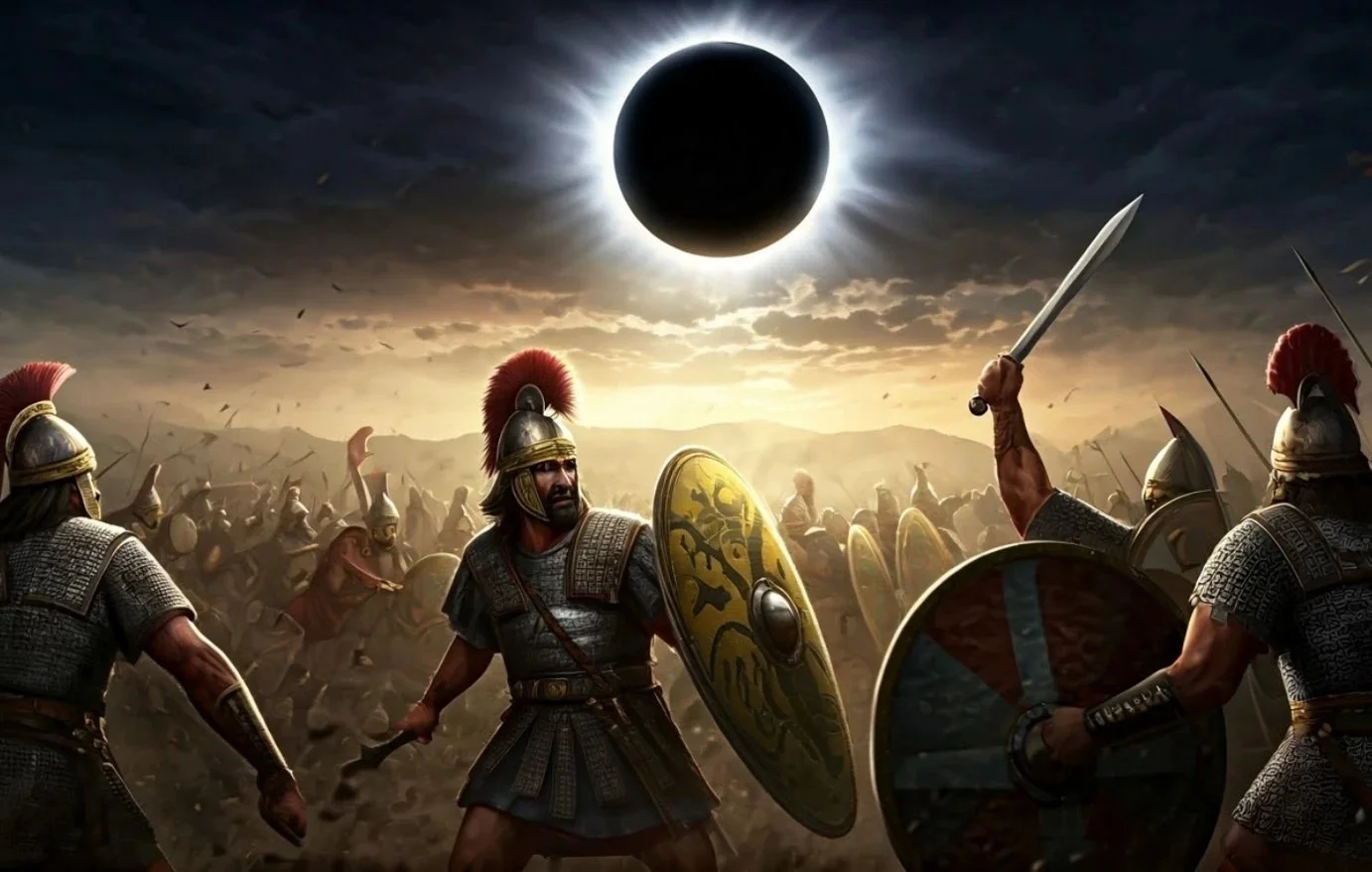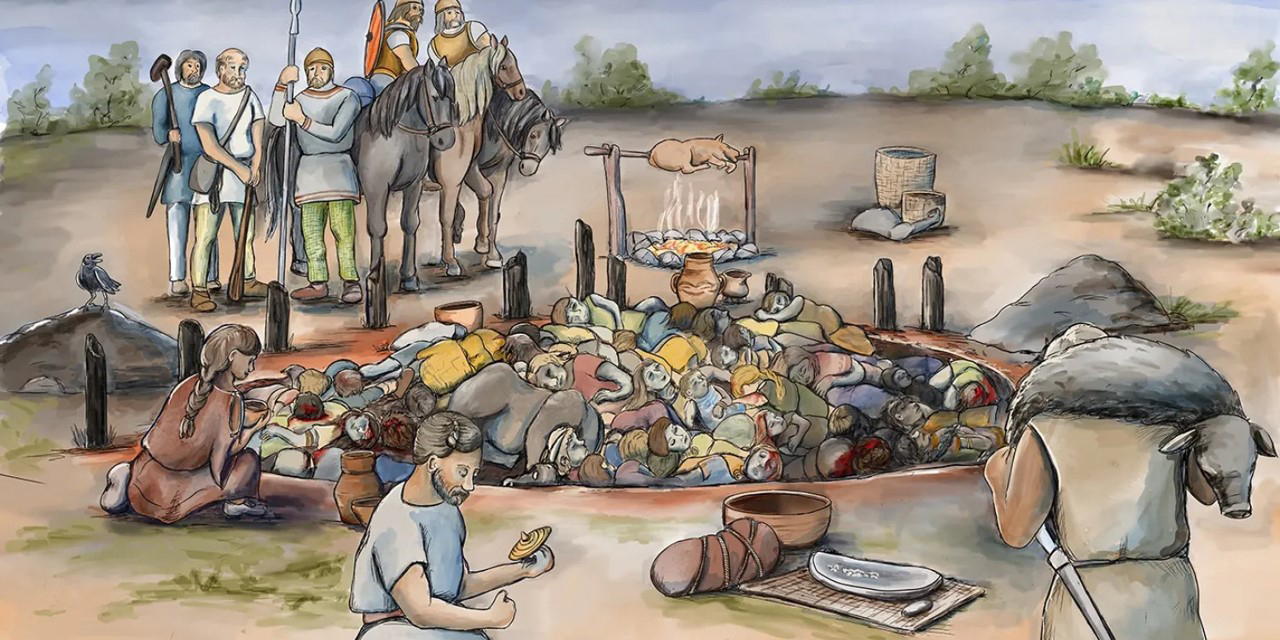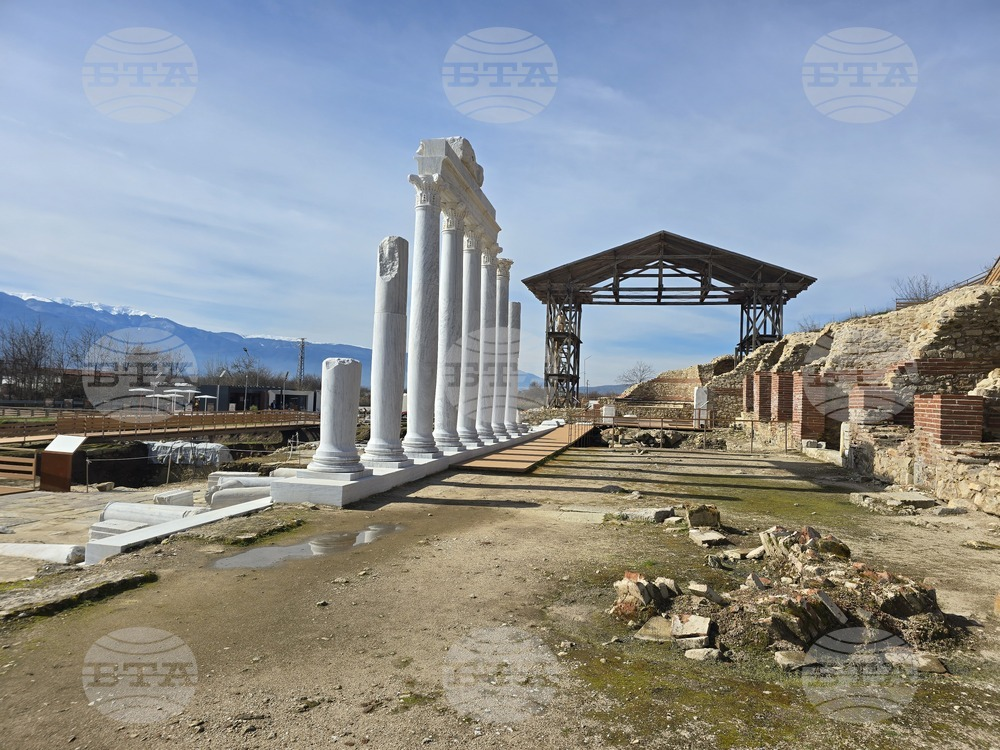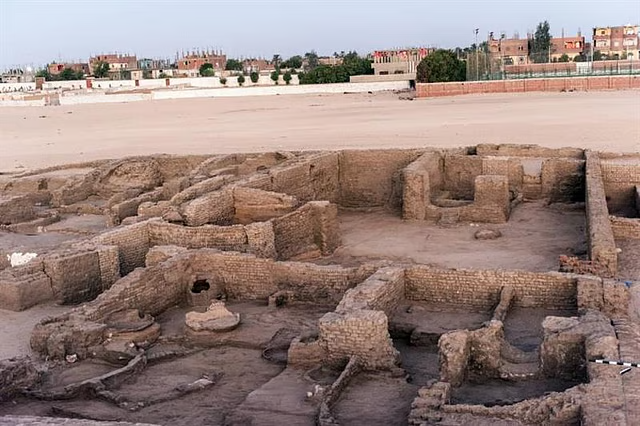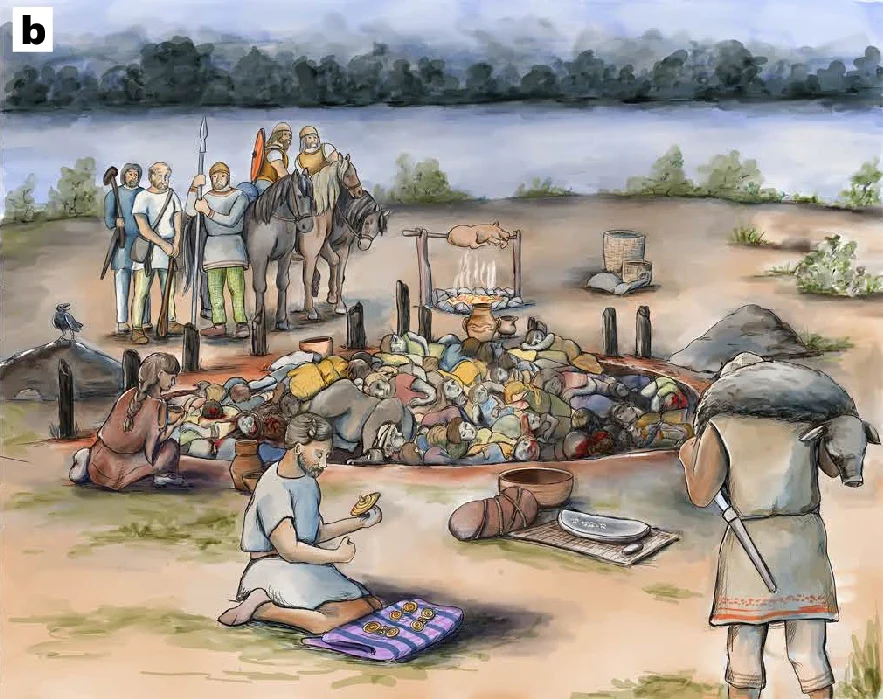One of antiquity’s most dramatic incidents unfolded when two armies—those of the Lydians and the Medes—stood ready for battle near the Halys River in Asia Minor. Suddenly, in broad daylight, the sky darkened completely. A total solar eclipse stunned both sides mid-battle, causing warriors to drop their weapons in awe. What seemed like a supernatural event was interpreted as a message from the gods, bringing the war to an abrupt end.
The conflict between King Alyattes II of Lydia and King Cyaxares of the Medes had been long and unresolved. However, on May 28, 585 BCE, a total solar eclipse occurred—an event now understood to have been predicted by Thales of Miletus, one of the earliest philosophers and mathematicians. His prediction marks one of the first known instances of scientifically forecasting a natural event, signaling a pivotal shift from mythological to rational thought.
The eclipse caused widespread fear among the troops, prompting both leaders to call for peace. Their agreement was sealed through a dynastic marriage—Alyattes’ daughter wed Cyaxares’ son. Known as the “Eclipse of Peace,” the event is remembered not only for stopping a war but also for highlighting the power of science and nature to influence human destiny.

